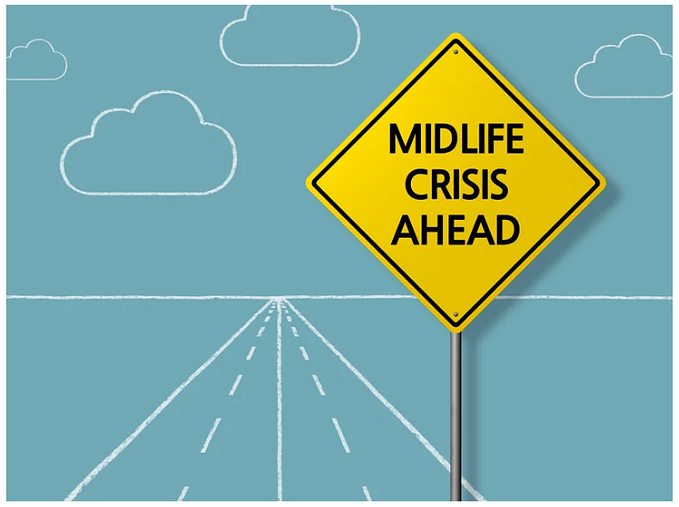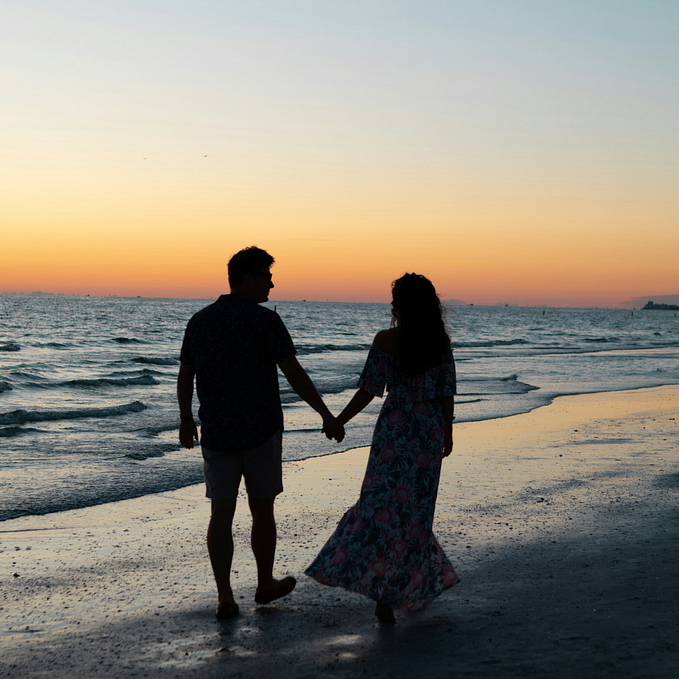Member-only story
The Nuance
Social Media, Like Alcohol, May Be Riskier When You’re Vulnerable
Social media may be uniquely dangerous for those who are struggling
If you login to Instagram right now and search for #depression, you’ll see a warning. It reads: “Posts with words you’re searching for often encourage behavior that can cause harm and even lead to death.”
You can bypass this warning and see the tagged posts. Or you can click on a “Get Support” button that leads you to depression-focused resources or recommendations. The first of those recommendations is “Talk to a Friend.” It encourages you to call or text someone you trust.
According to reporting from CNET, Instagram and other social media sites first started to implement these warnings last year. They began by flagging content related to eating disorders and negative body image, and have since expanded the program to depression and other forms of psychological distress.
The fact that social sites like Instagram are directing vulnerable people away from their platforms and toward real-world connections may not seem like a big deal. But it is a big admission.
When we’re vulnerable we tend to reach out via social media, but those are also the times when social media may present the biggest challenges for us.
For years, some researchers — notably Jean Twenge, PhD, at San Diego State University — have been trying to warn us that social media can be risky, perhaps especially for young people or those with mental health challenges. But social media’s defenders have often argued that these platforms allow vulnerable or marginalized people to connect with others like themselves, which is surely a good thing.
This defense was always speculative. There is very little evidence indicating that social media-based support groups or communities are beneficial.
On the other hand, researchers have found that members of vulnerable groups may feel better after spending time away from social media. For example, a 2020 study on LGBTQ youths who attended a social media-free summer camp found “across the…







